Introduction
Tea, one of the world’s most beloved beverages, is cherished for its diverse flavors, aromas, and health benefits. Whether you prefer delicate green teas, robust black teas, or herbal infusions, proper storage is crucial to maintaining their quality. Freezing tea has emerged as a controversial yet practical method for extending its shelf life. But how effective is it, and how long can tea truly last in the freezer? This article delves into the science, practicality, and nuances of freezing tea, exploring factors like tea type, storage methods, and signs of spoilage. By the end, you’ll have a clear understanding of whether freezing is right for your tea collection and how to maximize its longevity without compromising taste.
The Science Behind Tea Preservation
To grasp why freezing might work, it’s essential to understand what causes tea to degrade. Tea leaves contain volatile compounds, enzymes, and moisture that react with oxygen, light, and heat. Oxidation, the same process that transforms green tea into oolong or black tea, continues even after processing. This oxidation, combined with moisture absorption and exposure to air, leads to stale flavors, loss of aroma, and color changes. Freezing slows these reactions by lowering temperatures to a point where molecular activity diminishes. However, freezing isn’t foolproof—ice crystals can form and damage cell structures if not managed correctly.
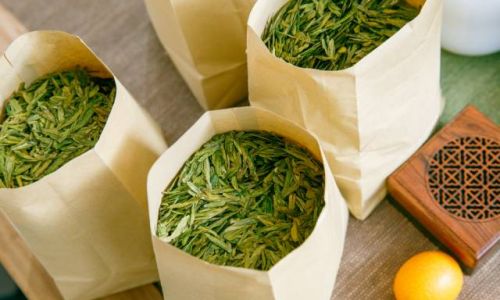
Freezing as a Preservation Method: Pros and Cons
Freezing tea can halt enzymatic activity and microbial growth, preserving freshness for months or even years. However, improper freezing can introduce moisture when tea is thawed, leading to clumping or mold. The key lies in minimizing exposure to air and humidity. Vacuum-sealed bags or airtight containers are ideal, as they prevent freezer burn and odor absorption. It’s also worth noting that not all teas benefit equally from freezing. Delicate teas like green or white varieties, which have minimal oxidation, may retain their nuances better than heavily processed black teas.
Factors Influencing Frozen Tea’s Shelf Life
-
Tea Type and Processing:
- Green Tea: With its high chlorophyll content and minimal oxidation, green tea is prone to degradation. Freezing can extend its shelf life to 12–18 months.
- White Tea: Similar to green tea but slightly more oxidized, white tea may last 18–24 months when frozen.
- Oolong Tea: Semi-oxidized oolongs vary widely; lightly oxidized versions resemble green teas, while darker ones behave like black teas. Shelf life ranges from 12–24 months.
- Black Tea: Fully oxidized and robust, black tea can withstand freezing for 24–36 months without significant quality loss.
- Herbal/Tisanes: Fruit-, herb-, or flower-based blends lack tea leaves but still benefit from freezing. Expect 6–12 months of optimal flavor.
-
Packaging:
Airtight containers (glass jars with rubber seals, mylar bags, or vacuum-sealed pouches) are non-negotiable. Avoid plastic containers unless they’re freezer-safe, as they may crack at low temperatures.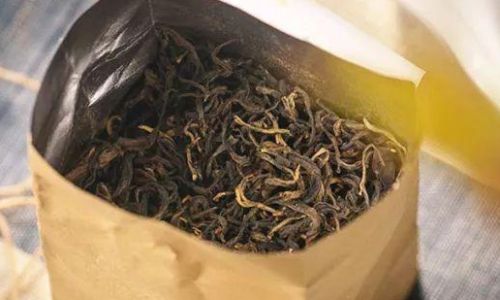
-
Freezer Conditions:
A dedicated freezer set to 0°F (-18°C) or lower is ideal. Frequent temperature fluctuations (e.g., in a self-defrosting freezer) can accelerate degradation. -
Portion Size:
Freezing tea in small, single-use batches reduces exposure to air and moisture during thawing.
Optimal Freezing Practices
-
Pre-Freezing Preparation:
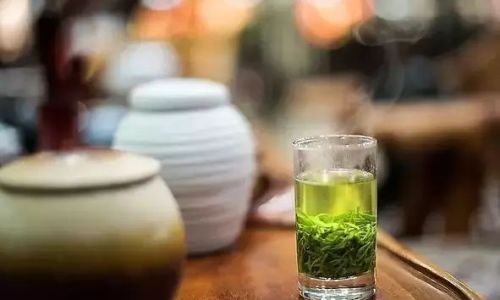
- Ensure tea is completely dry. Moisture accelerates freezer burn and mold.
- Avoid storing tea near strong-smelling foods (e.g., onions, garlic), as tea absorbs odors easily.
-
Container Selection:
- Vacuum-Sealed Bags: Remove air entirely to prevent oxidation.
- Mason Jars: Use straight-sided jars with wide mouths to allow expansion. Leave 1 inch (2.5 cm) of headspace.
- Resealable Freezer Bags: Double-bag to add insulation against freezer burn.
-
Thawing Techniques:
- Thaw frozen tea in the refrigerator overnight to minimize condensation.
- Avoid microwaving or rapid thawing, which can introduce moisture.
Signs of Spoilage in Frozen Tea
Even when frozen, tea can deteriorate. Watch for:
- Off Odors: Rancid, musty, or stale smells indicate oxidation or microbial activity.
- Discoloration: Fading or darkening of leaves, especially in green or white teas.
- Clumping: Excessive moisture leads to hardened clumps that won’t separate.
- Mold: Fuzzy patches or white/green spots are red flags. Discard immediately.
Comparing Freezing to Other Storage Methods
| Method | Shelf Life (Unopened) | Pros | Cons |
|—————-|———————–|——————————-|——————————-|
| Freezing | 6–36 months | Halts degradation; preserves flavor | Risk of moisture/clumping |
| Refrigeration | 3–6 months | Cool, dark environment | Limited space; humidity risks |
| Room Temp | 6–12 months | Convenient; no special equipment | Light/heat accelerate spoilage |
| Vacuum Sealing | 1–2 years | Removes oxygen; extends life | Requires equipment; not foolproof |
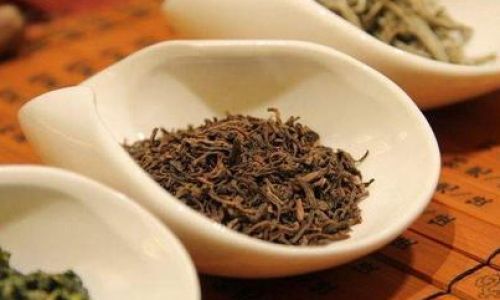
Debunking Common Myths
- “Freezing ruins tea’s flavor”:
Incorrect. Properly frozen tea retains its profile, though subtle nuances may diminish over time. - “All teas freeze equally”:
False. Delicate teas (green, white) require more care than robust black teas. - “Once thawed, tea can be refrozen”:
Risky. Repeated freezing/thawing introduces moisture and accelerates spoilage.
Conclusion
Freezing tea is a viable strategy for extending its shelf life, provided you adhere to strict storage protocols. By selecting the right containers, minimizing air exposure, and thawing carefully, you can preserve your tea’s quality for months or even years. However, freezing isn’t a one-size-fits-all solution—tea type, processing, and packaging all play roles in determining success. Regularly inspect frozen tea for signs of spoilage, and prioritize consuming delicate varieties first. With these guidelines, you’ll enjoy fresh, aromatic cups long after purchase, turning your freezer into a treasure trove of timeless flavor.

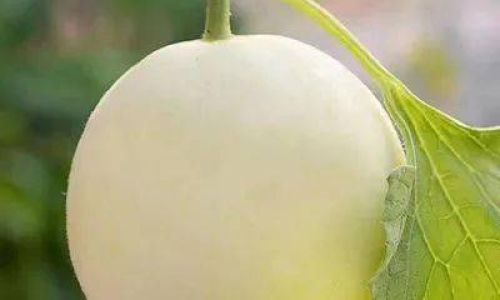
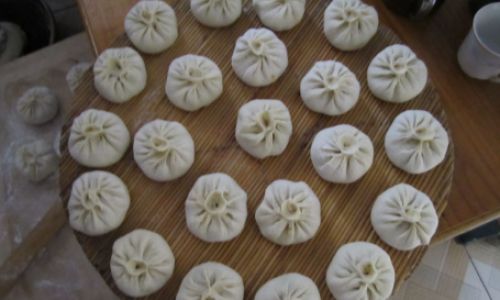
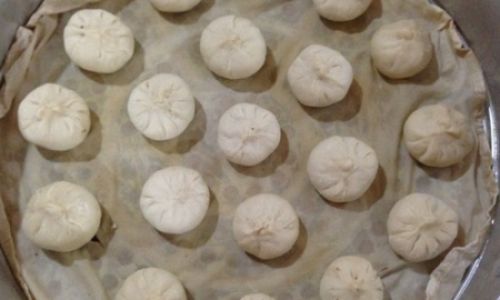
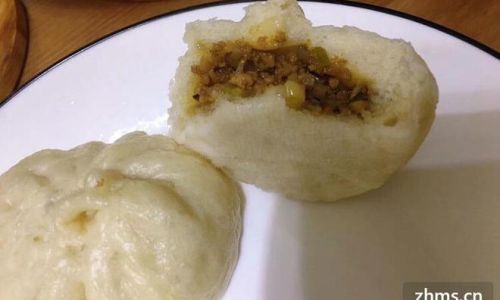
0 comments